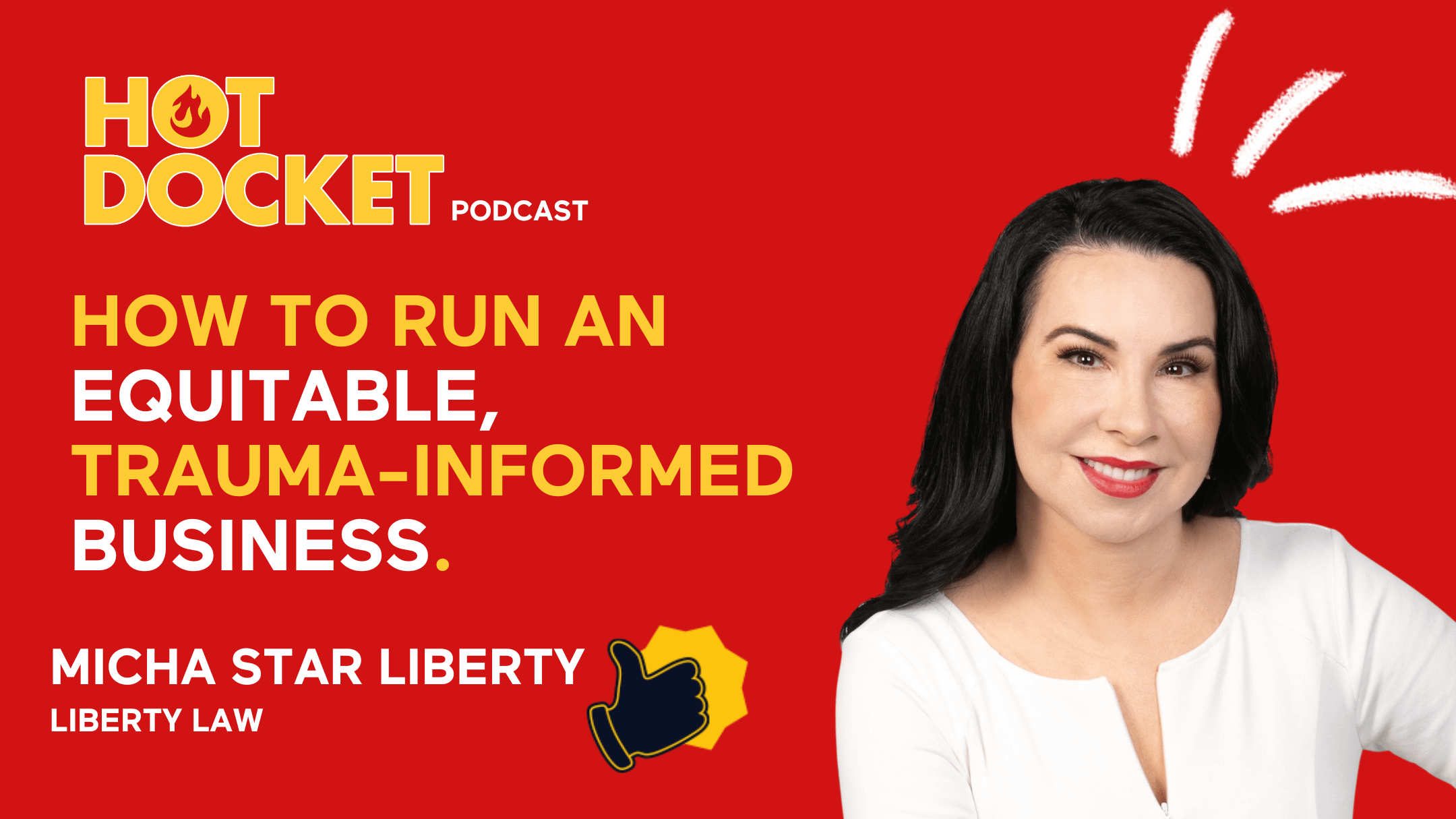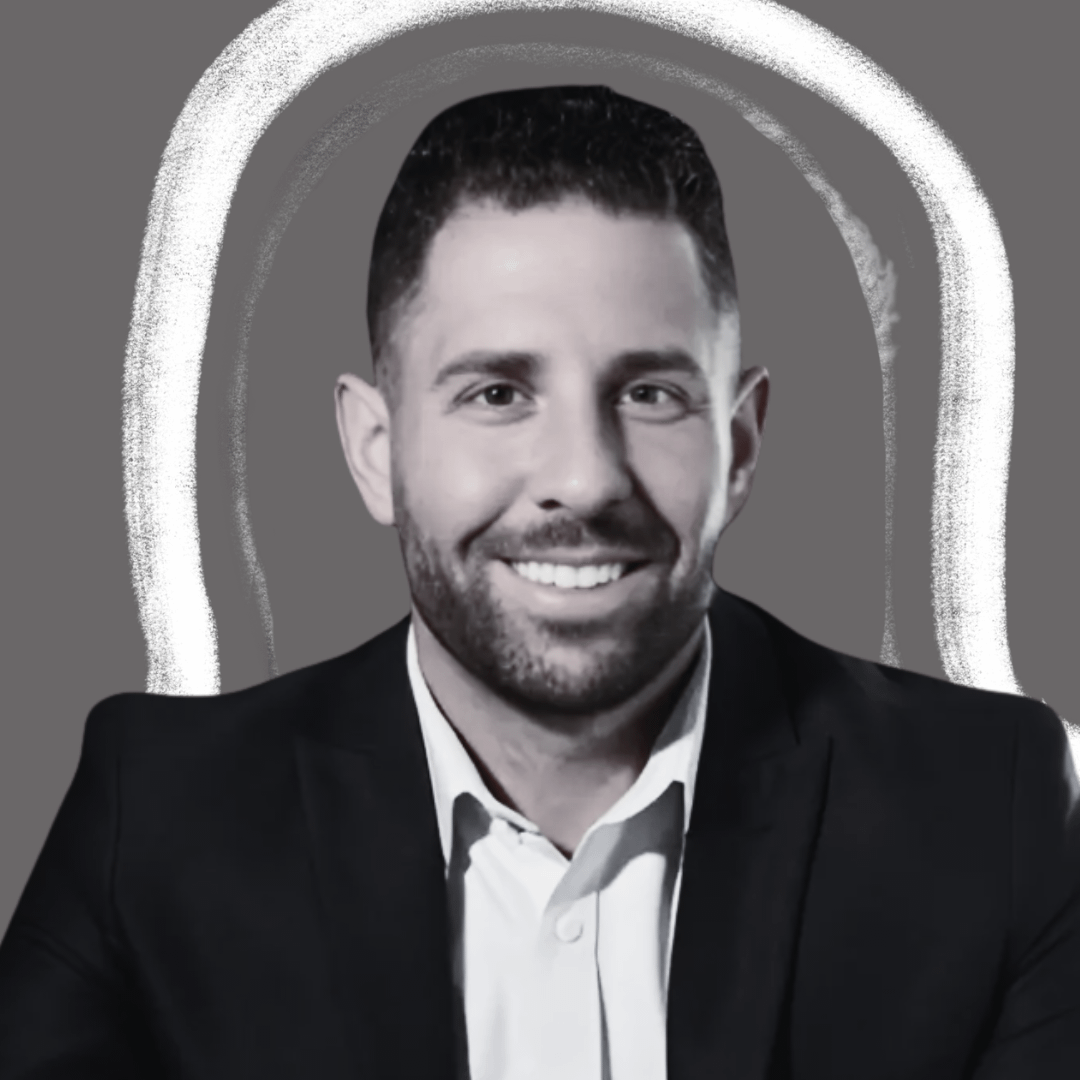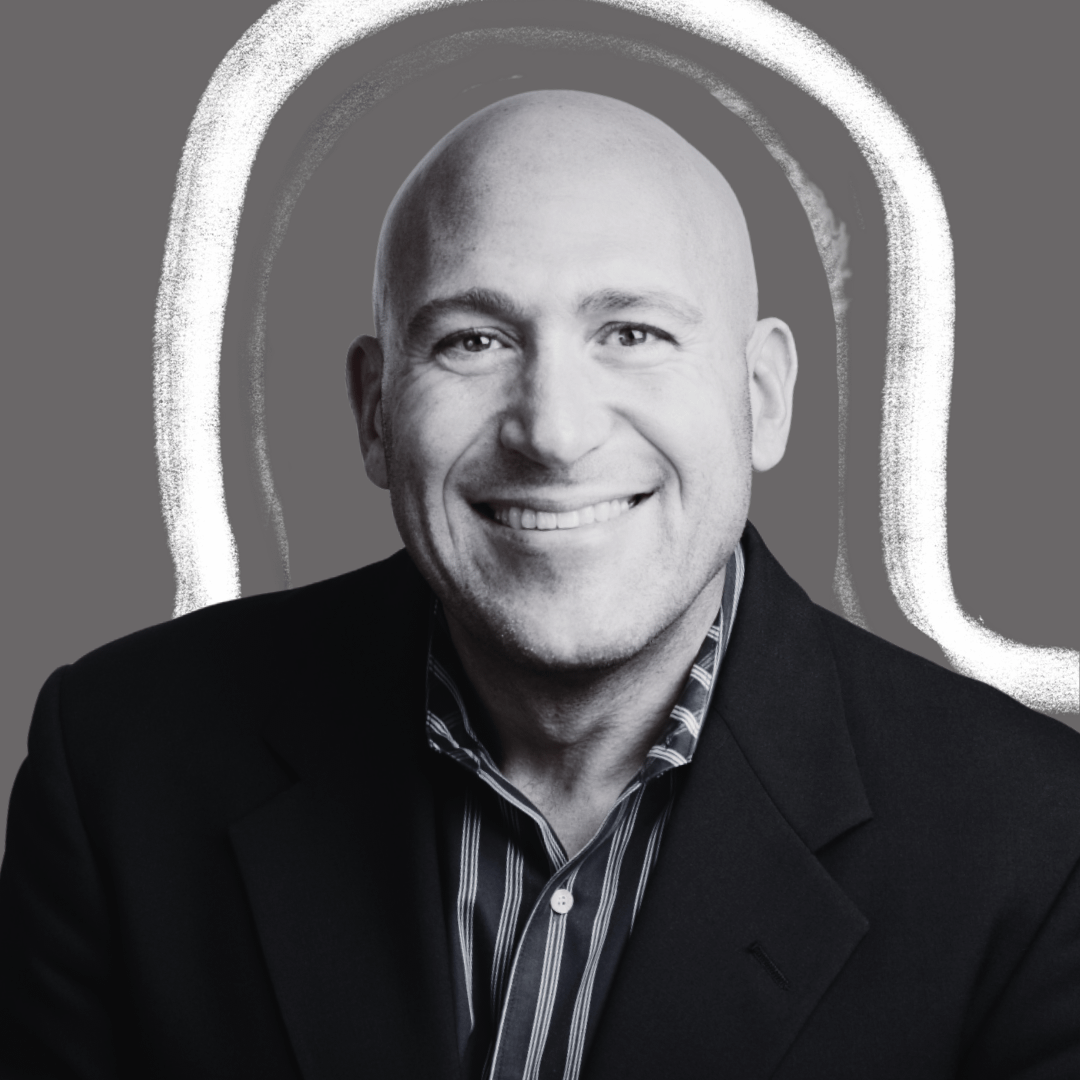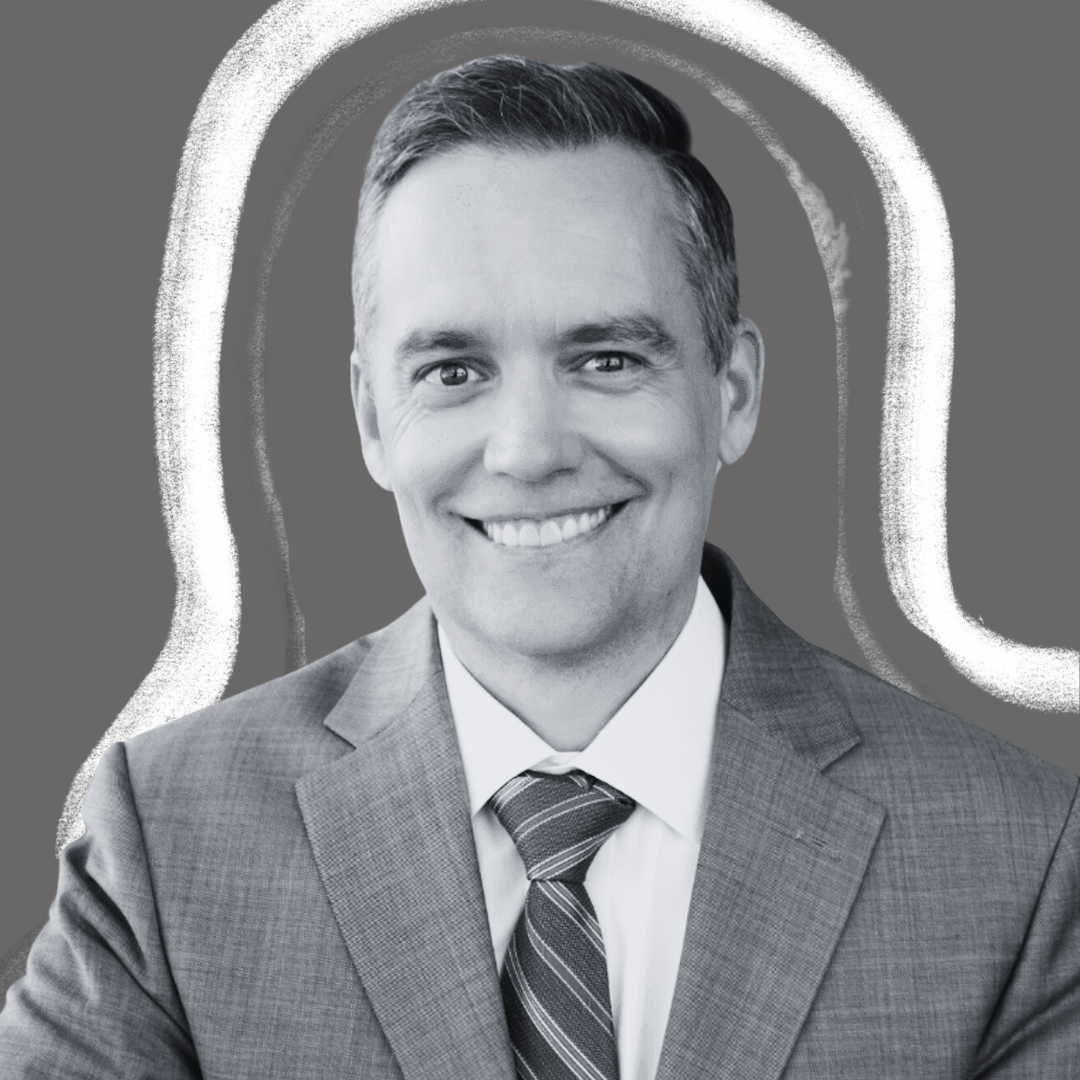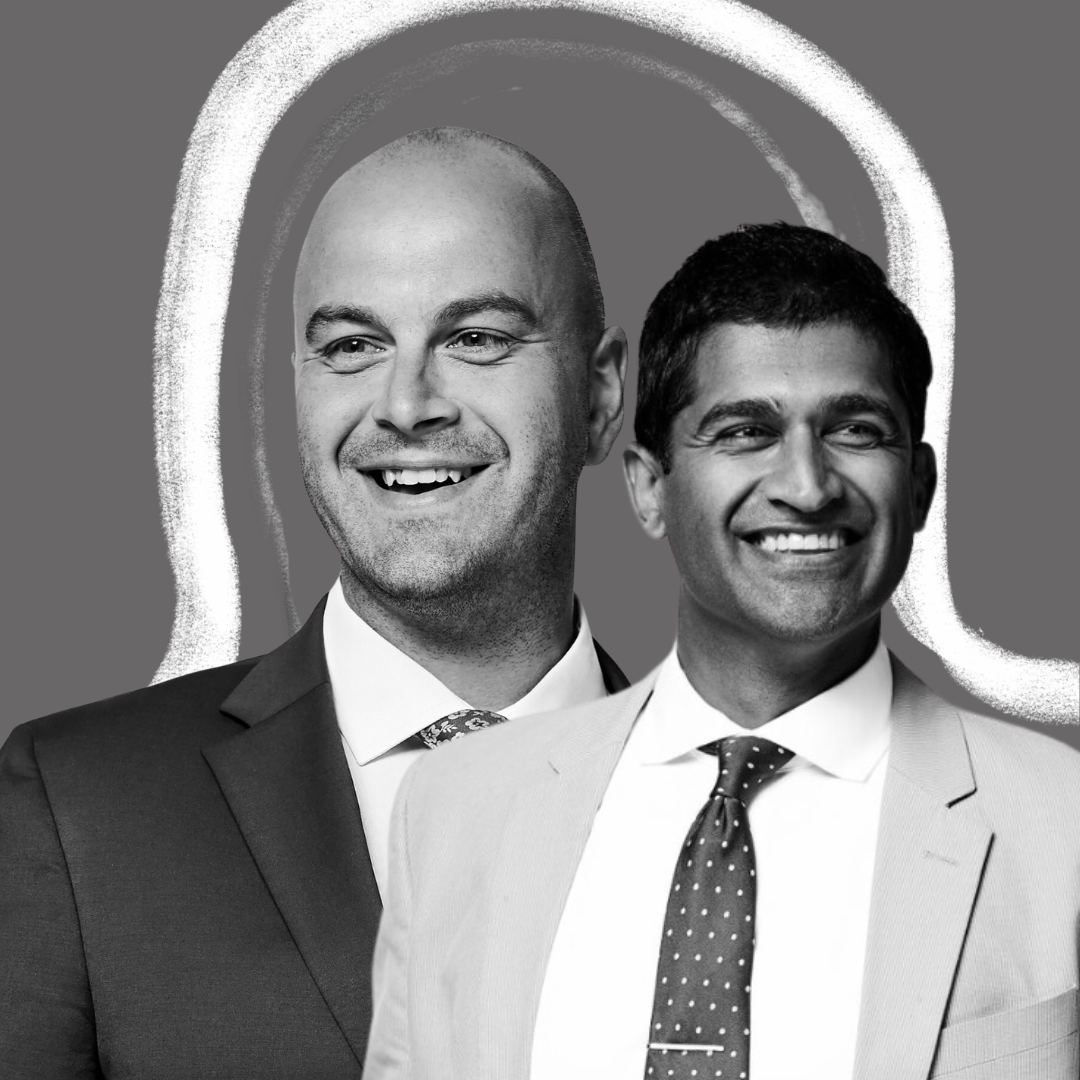[00:00:00] Micha Star Liberty
Whenever I do training to law firms that do this kind of work, I say, you’re going to lose clients unless you become trauma informed. And, you know, that usually appeals to their, their self interest. However they get there is fine with me, but you, we have an obligation not to trigger these clients and to not torture them through the ins and outs of litigation.
[00:00:22] Bobby Steinbach
Welcome to Hot Docket, the show where we talk about winning marketing strategies that have built the most successful law firms. Join us every two weeks for the latest trends and tactics to grow your law firm. I’m pretty excited for us to have a conversation today with Micah Starr Liberty of Liberty Law, the Storing Center, Lionhearted Leader, Radiant Star.
[00:00:42] Bobby Steinbach
I think there’s like a great central theme here. Lawyers are business owners. Law firms are businesses. Like having many businesses can be a great thing. So that’s going to be like the topic we explore today.
[00:00:53] Andrew Nasrinpay
Yep. And I think by having multiple businesses, it gives you a lot of perspectives and learning from each one will help make the others better as well.
[00:01:02] Andrew Nasrinpay
So we’re excited to get into it and talk about how those things cross over and how you can get refined. Referrals for one business can help the other, uh, even if they’re very, very different.
[00:01:13] Bobby Steinbach
Yep. 100%. So with that, let’s introduce our guest here today, um, Micah Starr Liberty.
[00:01:25] Bobby Steinbach
Nice to have you here with us today, Micah.
[00:01:27] Micha Star Liberty
Thanks for having me. I’m excited to chat with y’all.
[00:01:31] Andrew Nasrinpay
All right. Well, our first question is going to be a layup here. Uh, you have a very fitting name for a trial lawyer and we wanted to know if this was given at birth. Or, you know, if your parents are clairvoyant that you’re going to become an attorney or if just attorney of that advertising runs in your veins and it’s part of your core and you were able to change your name to do that.
[00:01:53] Micha Star Liberty
This is my given name. My parents were quite creative and I do thank them for setting me on the path that I’m on.
[00:02:01] Andrew Nasrinpay
Can you tell us a little bit about some of your unique strategies for law firm marketing and or for referrals?
[00:02:06] Micha Star Liberty
The way that I approach marketing and networking in general is to look at it like I’m there to do a favor for other people, to give back.
[00:02:17] Micha Star Liberty
Um, when I was a very young lawyer, going into rooms filled with these, you know, giant trial lawyers with these huge reputations. and egos. Uh, it, you know, it wasn’t always comfortable. So I would find out, I would ask questions about them and find out what they need in their office and what kind of cases they’re looking for.
[00:02:36] Micha Star Liberty
It turns out people love to talk about themselves and to brag about their cases. And so I would just, for me, it’s like, What I call hand to hand combat, but it’s not combat. It’s just getting to know people, building a true and real relationship with them, and eventually, if you’re doing favors for people, and, you know, helping them promote themselves, they will turn to you as a trusted resource and talk to you about cases that they have, and Also, I think the key to that, this kind of hand to hand marketing is the direct method.
[00:03:09] Micha Star Liberty
You want to always be just, you know, at the top of mind. So, little contacts, check in on people, have meetings. You know, it was tough during the pandemic, but I still had Zoom coffees with lawyers, um, who referred cases to me. And then the other thing, In my community, given what I do is for a very long time, I was one of the few people doing sex assault cases and doing trafficking cases.
[00:03:36] Micha Star Liberty
And so I was the person that people thought of, but ultimately you have to do a good job and you’ve got to get great results for your client. And, and that will kind of, uh, market you as well.
[00:03:51] Bobby Steinbach
I love that concept of like drip marketing because it’s something so many people do. Not just lawyers, but like businesses in general just forget about that.
[00:03:58] Bobby Steinbach
It’s not the end of a conversation when somebody fills in a form or gets in touch. That’s just like the start of it, right? You still got to convert that visitor or lead or whatever it may be. Is there any tools that you’ve been using that you have like a lot of success with that you think could provide value?
[00:04:13] Bobby Steinbach
to other folks listening?
[00:04:15] Micha Star Liberty
Well, now I think it’s really easy with social media and everyone being on social media. So sending people direct messages and not like those weird spammy ones that we all get and, you know, completely delete. I’ll tell you, I haven’t read a LinkedIn message in probably five years because that kind of salesy marketing stuff just doesn’t work.
[00:04:36] Micha Star Liberty
For me, um, I’m fascinated by people and I love my community and so I want to really know about them. So making time, scheduling calls, doing fun stuff together, like I was a ballerina growing up so I have, um, season tickets to the ballet and just taking different friends of mine, you know, having brunch before going, um, to the symphony or play or whatever, like, I still want to enjoy myself.
[00:05:01] Micha Star Liberty
I don’t look at it as work. I look at it as, you know, strengthening the community and, you know, that it’s important that we know each other as real human beings. And the reason why the drip marketing, just to go back to that for a second, is so important is because a lot of lawyers have had You know, a phone call from someone and you’re chatting with them and they say, Oh God, I totally forgot you do that area of the law.
[00:05:25] Micha Star Liberty
I just referred a, you know, blank dollar amount case to so and so. That’s the worst thing to hear when you’re running a business. Um, so don’t let people say that. Don’t let them get to that point. Don’t bump them, but like have a real relationship.
[00:05:42] Andrew Nasrinpay
How do you manage that when you have a firm that’s growing and you have more and more referral sources?
[00:05:47] Andrew Nasrinpay
So Referrals from past clients. If you’re doing a great job, that should be easier and a little bit more automatic. But if your practice type gets a lot of attorney referrals, how do you kind of manage that as it just grows and you have more relationships?
[00:06:03] Micha Star Liberty
It’s not easy because, um, those kind of referrals require the lawyer they’re being referred to, to respond and have a conversation with the lawyer.
[00:06:12] Micha Star Liberty
I would never have a staff person call a lawyer back to call me to send a case. Um, You know, I, we’re so busy. I mean, we’re, we’re overflowing with work. So, you know, it’s rare that I will take, um, referrals, uh, because we do work all across the country. But, um, you know, I think it’s just being methodical, setting aside time, you know, actually, if this is something you want to build, coming up with a great tracking system.
[00:06:42] Micha Star Liberty
Um, you know, keeping lawyers informed about the case that they referred to your office is really important. It’s almost as important as the results, um, that you get for that client. And because I’m a huge, uh, proponent of following the ethical rules, make sure you’re following your state’s rules with respect to referrals.
[00:07:05] Micha Star Liberty
It’s very important. Document everything.
[00:07:08] Bobby Steinbach
I think your story in particular is so interesting. Um, how you started these different businesses all around one central theme and topic. Could you give us a little bit more background on the businesses you’ve started, how they all kind of relate to this idea of equity and inclusion?
[00:07:24] Micha Star Liberty
Yeah, absolutely. You know, as a young woman coming up in the law, because I’m from the 1900s, you know, so it was a different time when I started practicing law. There weren’t a lot of women. I would walk into a courtroom and I would be the only woman, or maybe one of two. And so, You know, it was hard to break into getting on trial teams and getting the thumb assignments and, you know, working your way up the ladder.
[00:07:53] Micha Star Liberty
And I experienced it myself. I’ve always been passionate about, um, equal rights and civil rights. Uh, and so, you know, those were the areas that I focused on when I was litigating. And over the past, um, I think it’s 25 years now. I just started my 25th year in practice, um, representing people who’ve been minoritized, representing people who’ve been discriminated against.
[00:08:16] Micha Star Liberty
Um, it’s 25 years of seeing that while our justice system is wonderful and it’s the best on the planet as far as I’m concerned, it’s still limited. And much more needs to be done outside of the courtroom. So we don’t end up in the courtroom where businesses fail time and time again. I’ve actually gone into businesses and done trainings for them after I’d sued them because You know, you know where the bodies are buried at that point, you know where their issues are.
[00:08:46] Micha Star Liberty
But a lot of this kind of mistreatment that is devastating for workers or, you know, other employees, whoever the, the plaintiff might be, independent contractors, for example. It can be prevented if people are just thinking about equity across the board and inclusion across the board
[00:09:07] Bobby Steinbach
On that note. Where do you see the biggest gap today?
[00:09:10] Bobby Steinbach
What could businesses do like tomorrow to improve their equity, their inclusion?
[00:09:15] Micha Star Liberty
Come up with policies and procedures that are trauma informed and that actually track numbers. You know, we’re in this very weird period right now politically where diversity, equity, and inclusion has become a bad word, but we’re really talking about empowering our workers, making them comfortable in the workplace so they can perform for the places they work.
[00:09:37] Micha Star Liberty
It’s totally short sighted to fail to promote. And there’s also, and this has been studied time and time again by the social scientists, there’s so much data out there that says diverse teens perform better, diverse teens bring in more profit. So it’s just simply foolish not to do that.
[00:09:56] Andrew Nasrinpay
Can you tell us a little bit about, um, your past as a lawyer and how, for your business, you decided to become a trial lawyer?
[00:10:04] Andrew Nasrinpay
As opposed to a lot of businesses now on the legal side, you’re seeing different, uh, practice areas kind of consolidate, really huge firms, uh, develop. Can you tell us a little bit about Uh, your firm and how you chose that business model?
[00:10:18] Micha Star Liberty
I was trained by trial firms and, um, trial is something that is like, to me, the, the great equalizer.
[00:10:27] Micha Star Liberty
Everybody is on a level playing field when they walk into that door and, uh, the jury is swarming. It’s really just about you, your case. and your skills and strategy, um, everybody wants to feel like they’ve gotten some accountability. And in our civil justice system, the only thing we can provide is money, and it’s not a fair exchange, particularly in the trafficking cases that I do, the sexual assault and abuse cases that I do, but it is some measurement of, I was harmed.
[00:10:59] Micha Star Liberty
And I now can be righted under the law with compensation for things like time I had to take off of work or the therapy that I desperately need. You know, it’s flawed in all kinds of ways, but it really is the true measure of Accountability.
[00:11:18] Andrew Nasrinpay
Can you tell us about some cases and maybe some awards you may have won and what that kind of means to you, your firm, and, and your clients?
[00:11:26] Micha Star Liberty
Um, well, the cases that I’m focusing on now are, um, a lot of kind of multi plaintiff case where, um, there’s one perpetrator who has sexually assaulted multiple women or multiple children. And there’s a different dynamic when you’re representing a group of plaintiffs versus, you know, the, the one on one.
[00:11:46] Micha Star Liberty
uh, type of cases. We’re also doing a fair bit of what we call CSAM cases. I don’t know if that’s a term that y’all are, uh, familiar with, but it stands for Child Sexual Abuse Material. So with the pandemic and, um, social media becoming ubiquitous, what we’re seeing is children being forced through fraud, force, or coercion to taking graphic photographs or images of themselves or being forced to engage in, um, creating pornographic content, that’s actually child abuse because they are too young and they can’t consent.
[00:12:22] Micha Star Liberty
And then what happens is, is these images get, um, spread and they spread like wildfire throughout all of the social media accounts. So, um, There are cases against Meta and Twitter and dating apps, um, certain pornography sites where it’s legal pornography but also there’s CSAM material that can be found on it.
[00:12:43] Micha Star Liberty
So we’re doing a lot of those cases as well as traditional human trafficking cases against social media companies and It, the, the incidence of human trafficking on social media has just proliferated beyond, you know, any sort of numbers that we could have thought of because of the pandemic and because you can go through the whole cycle of trafficking on Facebook, for example.
[00:13:10] Micha Star Liberty
The predators who are on Twitter know what the hashtags are to look for, to find You know, thousands, hundreds of thousands of videos, people are being really harmed emotionally.
[00:13:23] Andrew Nasrinpay
DAVE BROWN That’s pretty crazy. So I have a few questions on that where traditionally the child sex abuse cases had states where the windows would open up because a lot of people when they come forward would be past the statute of limitations to be able to file these sorts of claims.
[00:13:41] Andrew Nasrinpay
The ones that you’re describing where it’s on social platforms, how does venue impact that? So, if there are attorneys listening to this and they’re practicing in a state that may not have an open window like that and they want to send you a referral. Is there anything you can tell us about the dynamics of this case, venue wise?
[00:14:00] Micha Star Liberty
Sure. Um, we’re still working on perfecting those laws here in California where my office is based. Um, I’m actually working on some legislation, uh, this session in our legislature to, um, kind of codify and memorialize the necessary statutes that, that should be used. But, and in my opinion, it’s, it’s too weak.
[00:14:20] Micha Star Liberty
Those statutes that we have here in California are too weak. They’re useful in some instances, but really what we focus on are the federal statutes. That’s where the Trafficking Victims Bill of Rights is. That’s where Moshe’s Law, which is actually the law specifically tailored to the CSAM, Um, proliferation, uh, is found.
[00:14:42] Micha Star Liberty
So, uh, you could bring those cases, you know, wherever the businesses are venued, uh, but using the federal statutes. And we’re doing a lot of, um, partnering with other firms around the country. California has one of the highest incidents of online sex trafficking in terms of where the victims live.
[00:15:01] Bobby Steinbach
You know, one thing I’m really curious about with you, Micah, is your, you know, your Obviously a very accomplished, like excellent trial attorney, and there tends to be this divide between trial attorneys and I’ll call them volume shops, like the businesses, businesses of law type of folk.
[00:15:18] Bobby Steinbach
What’s your opinion on like advertising for sensitive subjects like sex abuse claims on let’s say Meta or Instagram or whatever?
[00:15:26] Micha Star Liberty
Yeah, I mean, that’s not my cup of tea, certainly. I bring a trauma informed approach to everything I do, whether it’s related to sex trafficking or, uh, an employment law case, for example, because everybody has some element of, you know, being exposed to a traumatic event and, you know, they’re carrying that around every day.
[00:15:47] Micha Star Liberty
You have to be very, very careful about how you word. those types of ads. I’ve seen them done wrong and, you know, thank goodness for all the people who, who make comments and let them know, uh, let the advertisers know. But, you know, you just have to have enough experience working with survivors, understand how the brain writes trauma memories, and how people are triggered.
[00:16:13] Micha Star Liberty
Which, by the way, this kind of ties into the leadership training that I do. All the leadership training is based on identifying triggers. of having the leader understand their own trauma and their own triggers so they can work with their staff or their employees beneath them or with them side by side.
[00:16:31] Micha Star Liberty
Whether it’s leaders in our firm or leaders in a business, really understand yourself, understand what triggers you, get to know the people around you to such an extent that you can understand and identify their triggers so you can bypass them. Because When people are having some sort of trauma response or are triggered in any way, everything shuts down.
[00:16:49] Micha Star Liberty
Their executive function shuts down. You’re not able to problem solve. You’re not able to have open and honest conversations about whatever the issue is. So, there’s a lot of that that goes into the training, but, um, it, it’s very important, uh, when you’re litigating these kinds of cases to have a background, to have some training.
[00:17:08] Micha Star Liberty
I see you time and time again. You know, I’ve been doing this work for a very long time. And after the Me Too movement, we saw a lot of firms kind of jump into this space. you know, uh, two feet without any understanding of how to deal with trauma survivors. And it blows up and it can, uh, you know, corrode the attorney client relationship.
[00:17:31] Micha Star Liberty
People, whenever I do training to law firms that do this kind of work, I say, you’re going to lose clients unless you become trauma informed. You know, that usually appeals to their, their self interest, but however they get there is fine with me, but you, we have an obligation not to trigger these clients and to kind of torture them, um, through the ins and outs of litigation.
[00:17:54] Bobby Steinbach
Yeah, I can’t think of a better use case or reason to have businesses that are tied together and like when we talk about the synergy of business and owning multiple businesses. Training next to, like, action seems to me very hand in hand. So, it’s awesome that you’ve been able to bring those two together like that.
[00:18:12] Andrew Nasrinpay
I, I think, uh, there are a lot of legal adjacent companies that could probably use that service. So, just thinking off the top of my head, I want to say only two or three out of the dozen, uh, call center and intake, uh, companies that help law firms in after hours. cannot take intakes or Child Victim Act cases or things like that because they don’t have the skill set to do that and in order for them to screen on the criteria that the firm wants they’re going to end up saying something that’s going to trigger that potential client.
[00:18:46] Andrew Nasrinpay
So I think that that is a case type that tends to, um, be much better serviced by trial lawyers and small firms go through that training and have that skill set and it’s something that a lot of larger shops. seems like attempted to do and have done not as great of a job.
[00:19:07] Micha Star Liberty
Yeah, it takes a lot of thought, a lot of, um, editing of whatever script they’re using, if it’s a call center, um, but there really is nothing better than experience and education.
[00:19:19] Micha Star Liberty
And I’ll tell you, I go around the country and talk about trauma informed practices to lawyers, and every time I do, I say to the audience, I will come and do a free trauma informed training for you. because I care so much about you not messing this up. And it’s interesting, a lot of people take me up on it, but a lot of people are just like, oh, we’re good, you know, it’s fine, we’re getting what we need, um, but they’re not doing what the potential client needs, and it’s going to backfire.
[00:19:47] Micha Star Liberty
Because the real issue is, between the way the brain writes trauma, and the gaps in memory that happen with all survivors, and the stress being triggered all the time. Those are the clients who, on the eve of trial, are going to all of a sudden share with you some additional information that you didn’t know.
[00:20:04] Micha Star Liberty
That’s where, you know, eventually, because they feel so scared, they’re not going to be open and you’re not going to have that dialogue that is key to preparing a witness to testify at deposition or at trial and to sit through the trial.
[00:20:19] Bobby Steinbach
And, and will you share these types of trainings with defense too?
[00:20:22] Bobby Steinbach
Or is this like really geared towards plaintiff firms?
[00:20:25] Micha Star Liberty
Um, it’s geared towards plaintiff firms. Um, I have offered, uh, in the heat of a screaming match, uh, during deposition to train my advocate counsel on how to be trauma informed. Um, yeah, he did not take me up on, on my generous offer and I don’t know why.
[00:20:43] Micha Star Liberty
Um, but you know, sadly. It’s part of the defense strategy is to trigger the client, is to get them into a disassociative state. And I’ve seen it time and time again, and we have to stop the depo and pull the client out, but they will be so triggered, they’ll just start to disassociate. It’s like they just go out of their body.
[00:21:02] Micha Star Liberty
And they’re answering yes, no, you know, in a monotone void. So I, you know, you have to develop the skills, you have to know your client well and develop the skills to understand when your client’s about to be triggered, about to have a panic attack, or, you know, in the process of disassociating because they’re going to disagree with whatever the questioner is asking and that’s what the defense wants.
[00:21:23] Micha Star Liberty
I mean, you know, I think these abusive tactics should be banned, but getting the bench kind of up to speed on what’s appropriate and what’s not, and what’s harmful to a plaintiff, and what’s allowed, um, is a real, uh, it’s a real challenge. Because they’re automatic responses. Well, litigation is rough and tumble and trials are stressful and all of that, but the bench needs to be educated as well.
[00:21:49] Bobby Steinbach
That makes a lot of sense. And, you know, hopefully we start moving in that direction over time. Micah, it’s been really great chatting with you. I learned a ton. I think it’d be really helpful for everybody listening to learn from you, kind of what the next steps are. if they are interested in this type of training or just to get in touch.
[00:22:05] Bobby Steinbach
So kind of what’s the best way for, for our listeners to, uh, to get in touch with you?
[00:22:10] Micha Star Liberty
Well, there’s a couple of different ways, either through libertylaw. com, the soaringcenter. com, or lionheartedleader. com. So one of the things that I do do through the soaring center, and one of the reasons why I created it is because I was doing so much, co counseling and, uh, you know, advocacy and mentoring.
[00:22:34] Micha Star Liberty
I just decided to include that as part of what I do in the Soaring Center and, and kind of have it be structured. So part of what the Soaring Center does is help other lawyers who are getting into this field. And one of the ways I do that is I can come in and help do an intake with, um, folks of their clients.
[00:22:53] Micha Star Liberty
I can help with, um, preparing the client. to testify. I do that a lot, um, for a variety of, of firms. And then helping them get, um, really ready for trial cross examination, but in a trauma informed way so they can absorb, a survivor can absorb the information, understand what to expect. and, you know, perform
[00:23:17] Bobby Steinbach
well.
[00:23:18] Bobby Steinbach
That’s really helpful. And I’m sure our listeners will find that too. Thanks so much for coming on. It’s been awesome getting to learn more about you, your businesses, and, uh, wish you all the best.
[00:23:28] Micha Star Liberty
Thank you. Thank you so much.
[00:23:30] Bobby Steinbach
Thanks, Micah. We hope you’ve enjoyed this episode of Hot Docket. We’re your hosts, Bobby and Andrew, founders of MemePub.
[00:23:37] Bobby Steinbach
The marketing agency for ambitious law firms.
[00:23:40] Andrew Nasrinpay
Have questions about marketing or anything we covered today? Email us at clark at meanpug. com. Be sure to subscribe to learn more.
